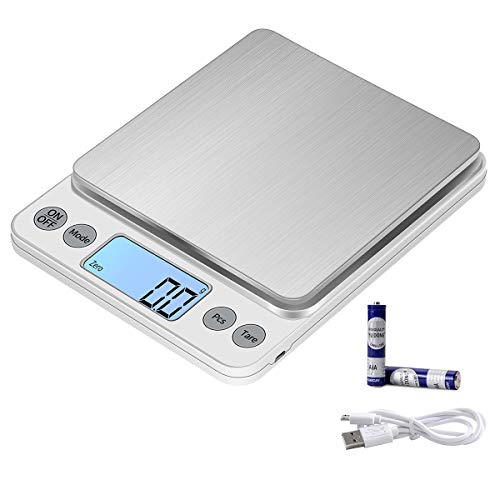After reading about chelators on another thread, I purchased sodium citrate from Amazon. Sodium citrate is a common food additive used to add a sour taste, or at least that’s my interpretation from what I read.
The only time I had issues with DOS was when I used canola oil. If I were to make that recipe again, I would add BHT as an experiment to prevent fatty acids becoming rancid in finished soap. I would also use a chelator in the water, even though I use distilled water. In Scientific Soapmaking, Kevin Dunn used sodium citrate plus BHT to prevent DOS. One works in water, the other works in oil. Hope this helps!

















































 I add ROE and Vitamin E to every batch and have done so since the very beginning.
I add ROE and Vitamin E to every batch and have done so since the very beginning.
